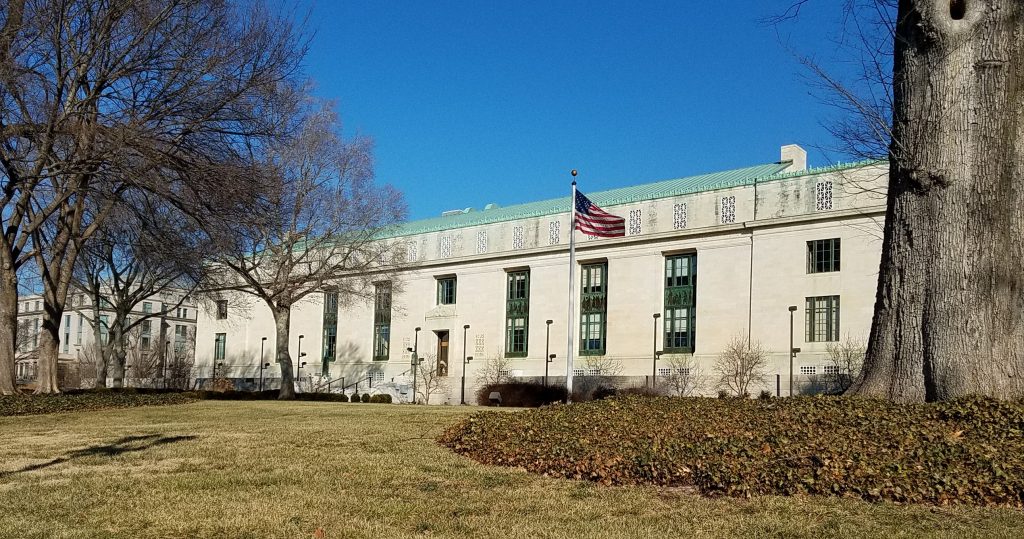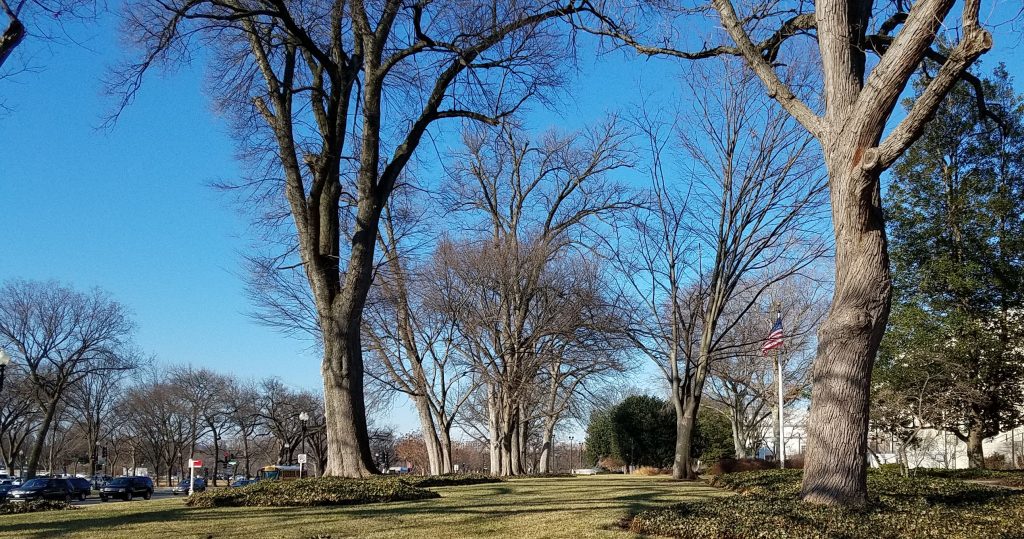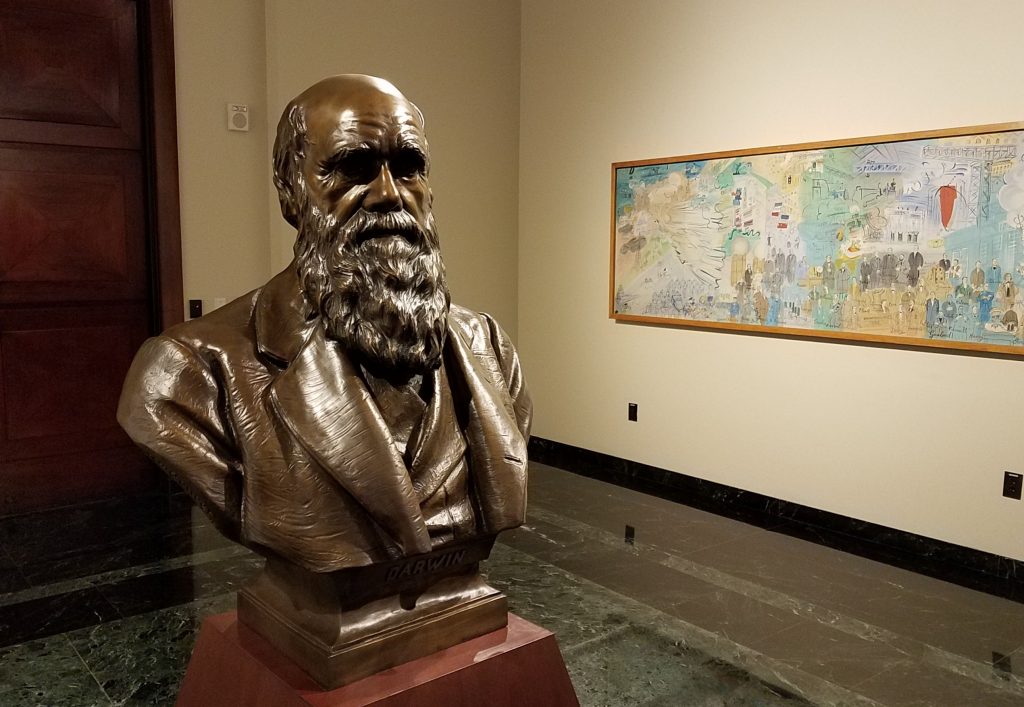
Reference page on biotechnology and forest health
Went down to the National Academies of Science today for a public meeting on biotechnology and forest health. A committee is working on a report assessing how biotechnology may address problems associated with invasive pests and climate change.

Biotechnology is not a panacea. It is only one tools we might use to address the challenges from the rapid changes unleashed invasive species, rapid climate change and habitat destruction, but I believe that w/o this tool success in dealing with these factors will be difficult or impossible.

Nature is robust and resilient, but natural selection acts over centuries or millennia. Humans have accelerated the rate of change to decades or even years. Humans created this situation. We do not have the zero option anymore of doing nothing.

Many people are uncomfortable with novel genotypes. I would prefer to avoid them if I thought there were other options. But we already have novel ecosystems that require new adaptations.
Risk and uncertainty exist. Yesterday’s solutions are often today’s problems and I don’t doubt that some of today’s solutions will be problems tomorrow. This seems a grim prognosis, but is the way of all life. It is the nature of adaptation. We are in this game whether we play or not
One of the insights of the conference was that we probably cannot expect biotechnology to be effective against particular pathogens in real time. We will always be behind the curve. But biotech might help with general health and adaptation to conditions of the non-living environments. Trees and forests suffering less stress can better fend off whatever pests attack.
My pictures are from Washington today. It was a wonderful clear day, but a little cold. Last picture is Charles Darwin. He has the prominent place in the Science Academies
